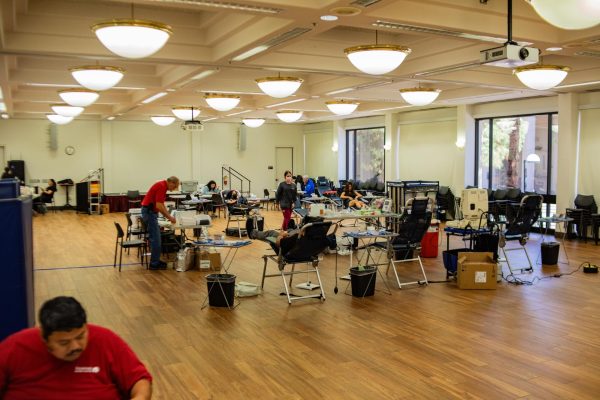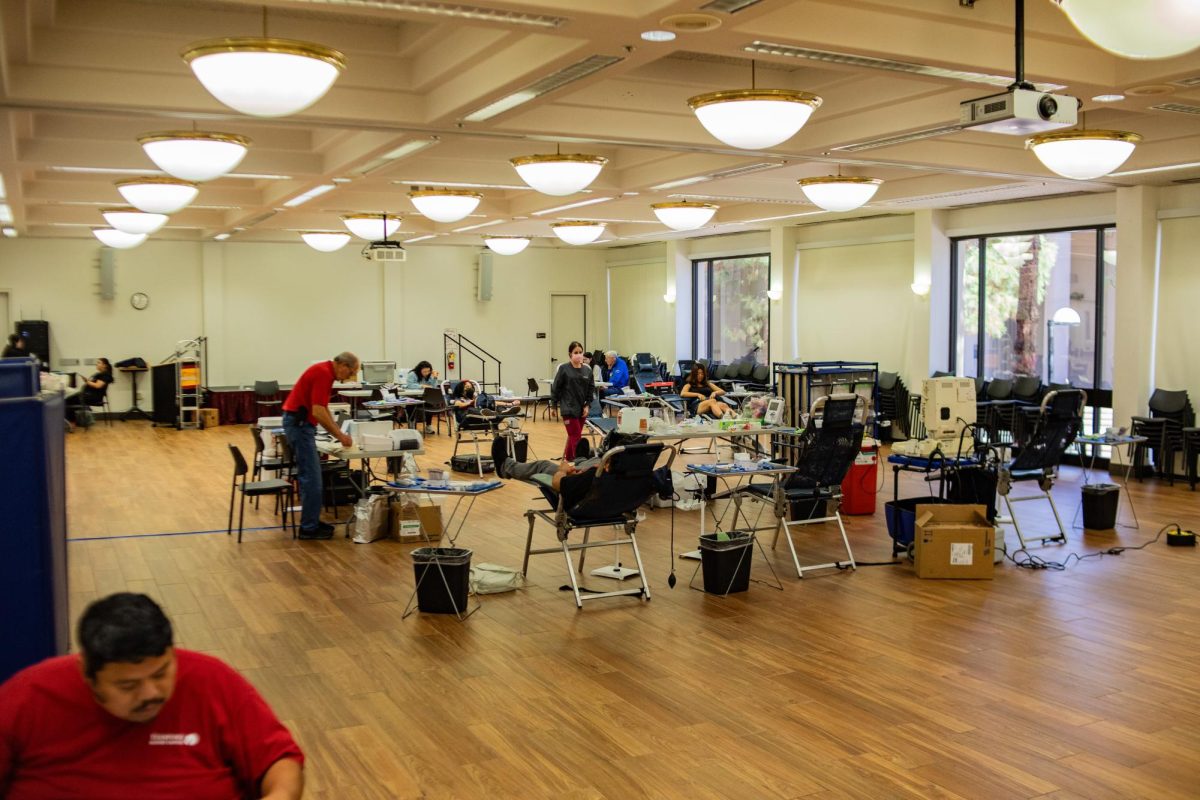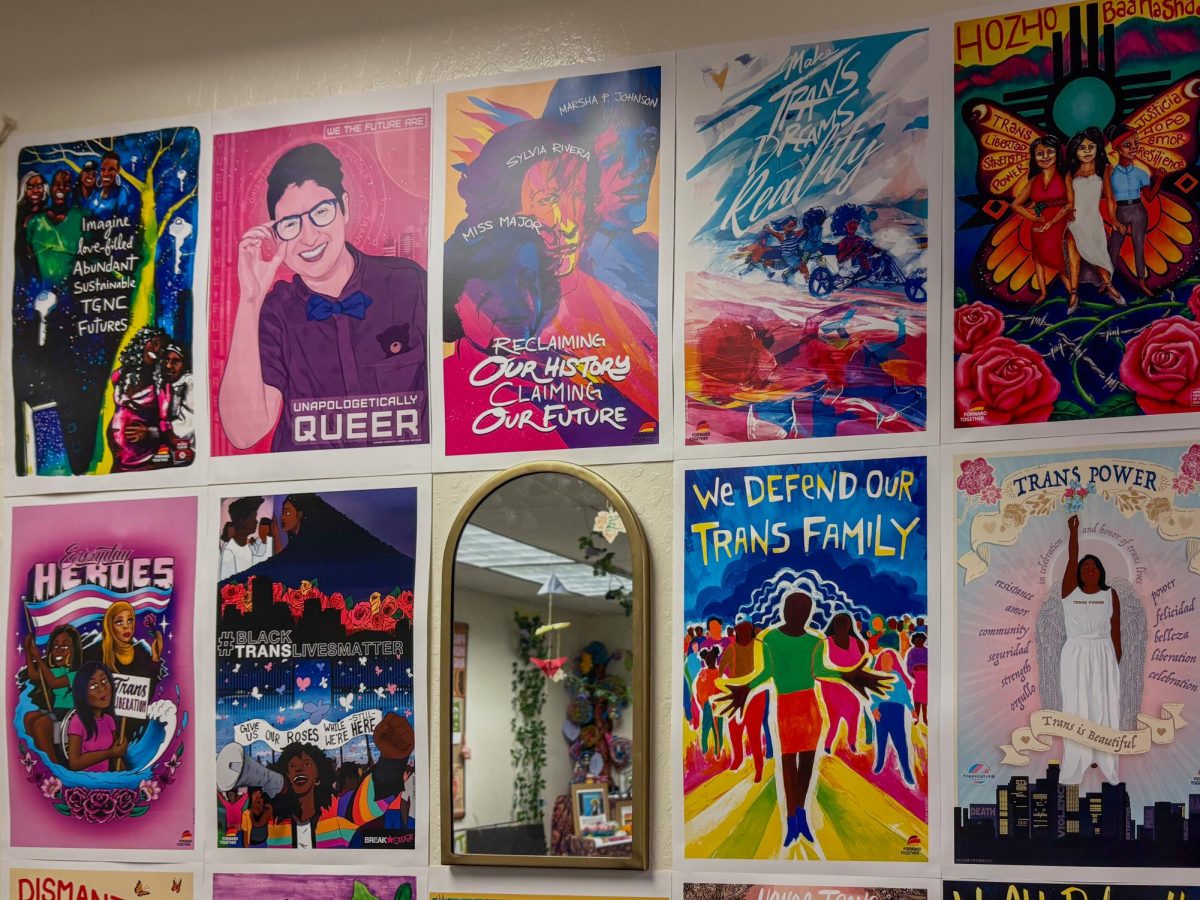Climate change: an emergency that demands immediate action
May 7, 2019
In the summer of 2050, the Arctic Ocean will be ice-free. Seven hundred million people will lose their homes, according to top U.N scientists. Last year, wildfires in California took over 100 lives, cost the state more than $11.4 billion and burned almost 2 million acres. What was the most disastrous wildfire season in the state’s history will become commonplace in the coming years, according to National Geographic.
This is the future of climate change.
Climate change is more than an environmental, economic, health and housing emergency.
If no action is taken, global warming is projected to lead to 23% lower average global incomes by 2100 according to Nature. This will make it even harder for families to respond to changing weather patterns, decreased access to food and more frequent and severe natural disasters.
Flooding alone is estimated to be “300 percent to 900 percent more frequent within U.S. coastal communities” than 50 years ago, according to the National Oceanic and Atmospheric Administration.
The Paris Climate Change Agreement set a goal of “holding the increase in the global average temperature to well below 2 degrees Celsius above pre-industrial levels and pursuing efforts to limit the temperature increase to 1.5 degrees Celsius.” Any increase beyond this threshold would cause catastrophe.
This means that we need to bring our global carbon emission to net zero by 2050.
Everything we do to lower our carbon emissions now will affect the outcome of the future.
We must take action as soon as possible because all our current inaction is further worsening the issue.
Many people argue that humans cannot stop climate change. Therefore, they say we should wait to spend our money dealing with the effects of it, rather than trying to prevent the inevitable.
This position is foolhardy. The costs of addressing the issues climate change presents just keep rising as we do nothing. It is also dangerous because the longer we wait to fight climate change, the more we will suffer.
Every day that passes where we don’t consciously try to reduce our impact on the planet means more refugees, more famine, more disasters and more death in the future.
Anything less than our most earnest, concentrated efforts at reducing the rate of climate change is unacceptable.
Tips on reducing carbon footprint:
- Drive less: Try to walk or bike anywhere closer than two miles to your home. Carpool or use public transit when possible.
- Buy local and in-season foods: This will reduce transportation emissions.
- Eat less meat: Meat production emits much more carbon than plant production.
- Save water: Take shorter showers and fix any leaks.
- Unplug electronics: Leaving electronics and chargers plugged in all day uses unnecessary energy.
- Switch to LED light bulbs: These are cheap and energy efficient.
- Purchase carbon offsets from certified providers, especially when buying plane tickets: Air travel can make up a large percentage of an individual’s yearly carbon footprint.
- Buy less: It takes a lot of resources to make, package, and ship a product. Try to borrow or buy second-hand before you purchase anything new.
- Support green businesses: Research companies you buy from frequently and make sure they have a plan to reduce their carbon footprint. If they do not, consider switching to a company that does.
- Vote: Support politicians who promote renewable energy and policies to combat climate change.






























